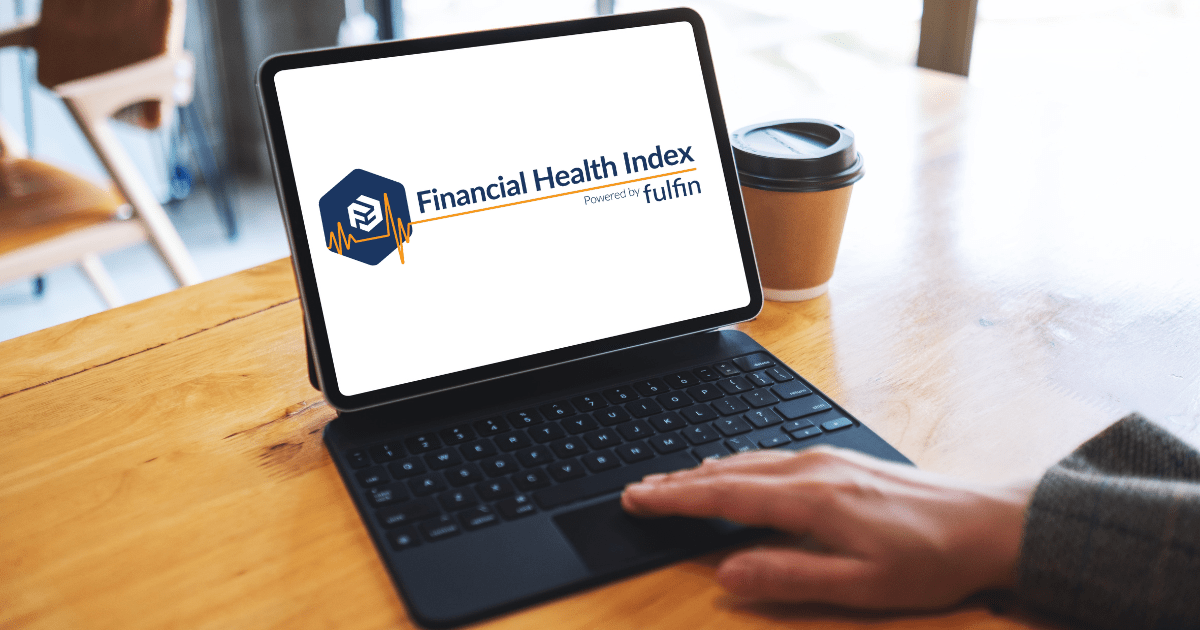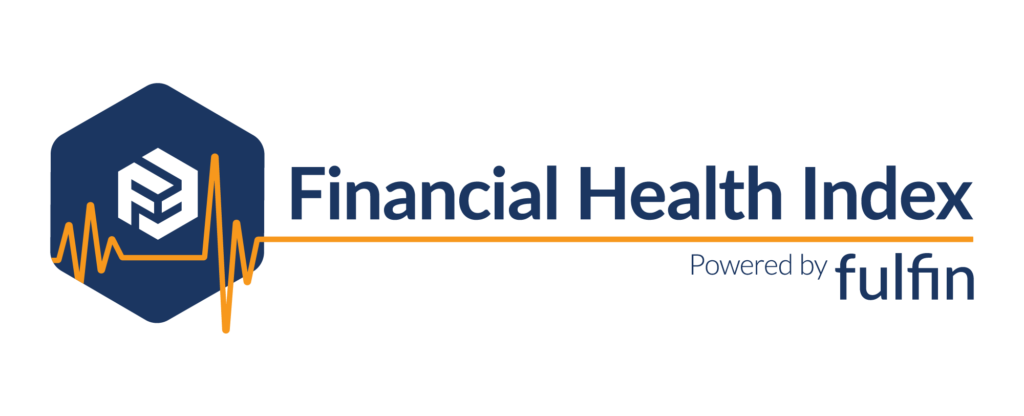
Munich-based fintech fulfin provides online retailers with individualized and automated financial KPIs, transparently showing them their growth potential
Online retailers are often hit hard when it comes to lending, with loan applications being rejected by banks quickly and often without justification. Here it proves particularly problematic that promising e-commerce companies are rarely granted access to revealing financial data and the reasons for rejection usually remain hidden. In order to bring light into the darkness and offer online entrepreneurs the chance to better classify their own financial data and thus improve the most important KPIs for lenders, fulfin has developed a trend-setting analysis tool: The AI-powered “Financial Health Index” is an innovative financial rating with which fulfin individually and objectively assesses customers’ financial data and compares the financial KPIs of existing customers and potential new customers as part of a defined benchmarking process.
The basis for this is the anonymized financial data of thousands of e-commerce companies that have applied for financing from fulfin in the past.
Informative financial data are fundamentally the key to sustainable entrepreneurial success. In addition, thanks to the “Financial Health Index”, they show online retailers the potential for improvement in their own KPIs and thus enable them to create optimal conditions for the approval of a credit application in advance.
The result of the performance data is a valid scoring, which can be divided into four categories. These form the benchmarking framework and are thus the basis of the analysis.
1. debt / sales
The ratio of existing debt to real sales shows whether an e-commerce company is disproportionately indebted. For example, due to the highly seasonal volatility of earnings in online retail, the ability to service existing liabilities must be planned even better than in companies with more predictable earnings.
An existing or potential discrepancy between debt and revenue is identified using this KPI.
2. fixed costs / sales
The share of existing operating costs in generated sales reveals in benchmarking whether the company’s own fixed costs are to be considered too high. Excessively high fixed costs inevitably lead to a reduction in liquidity and a possible payment default in the event of a decline in production or sales.
fulfin’s data analysis shows that a majority of e-commerce companies have operating costs between 10% and 40% of their revenue, depending on how efficiently they are run. The median here is 25%.
E-commerce companies with optimized operating expenses relative to revenue are more resilient and also able to scale faster than their inefficient competitors.
3. profitability
Data-based algorithms are used to evaluate sales and existing acquisition and logistics costs. Profitability scoring provides information on whether an e-commerce company is setting a sufficient margin for the items it carries in its existing product range and is thus operating profitably overall.
4. stability of revenues
Based on the evaluation of the sales trend, this KPI provides information on whether there is a relatively low or high fluctuation in sales. Fluctuating sales, for example due to seasonal effects, mean that no reliable cash flow can be guaranteed. Successful e-commerce businesses know how critical it is to mitigate existing seasonality with off-season promotions and special offers to drive sales. Companies that master this have more constant revenues and can therefore better manage the repayment of their liabilities.
From the data, it quickly becomes apparent in which areas there is potential for improvement.
The conclusive ranking also provides information on how an e-commerce company can position itself more successfully on the market. In addition, fulfin’s financial experts provide profitable and immediately actionable tips to effectively boost sales performance.
It is currently unclear how long the current economic downturn will last. However, companies that take the time to plan and adapt to the new reality will emerge stronger from the current situation. fulfin customers are able to make a reliable forecast about future revenues and their profitability thanks to the “Financial Health Index”.
As access to capital – whether through financing rounds, loans or revenue – will become even more difficult in the future, fulfin customers can use the financial rating to assess upcoming financial needs today and include them in their entrepreneurial forecast. This will enable them to continue operating successfully in 2023 and beyond.
Test the new e-commerce financial rating right here:
For more information on the Financial Health Index, click here:

Press contact:
fulfin – isarlend GmbH
Peer Wiesner
Agnes Pockels Arc 1
80992 Munich
Email: peer@fulfin-blend.vousisko.cz /press@fulfin-blend.vousisko.cz Phone: +49 178 450 5204
